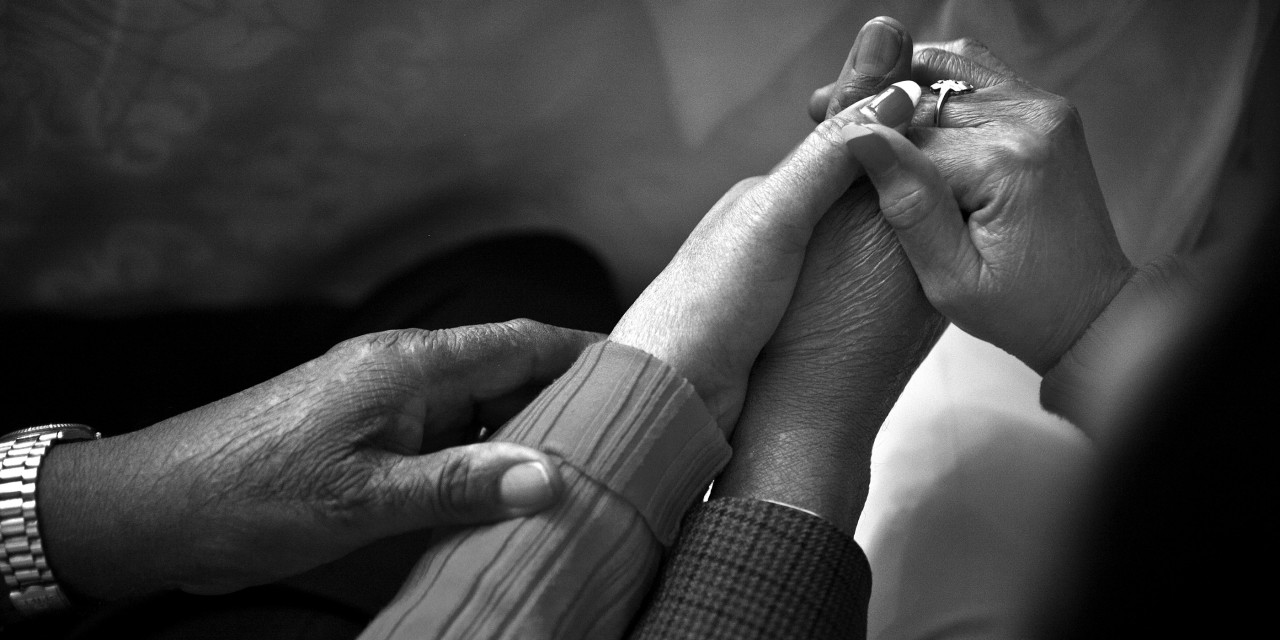The Delta Jewels Oral History Partnership was an 18-month collaboration between the Delta Center for Culture and Learning at Delta State University and University of Mississippi journalism professor Alysia Burton Steele. This award-winning project created public programming rooted in the Mississippi Delta National Heritage Area around the publication of Steele’s 2015 book of photography and oral history, Delta Jewels: In Search of My Grandmother’s Wisdom.
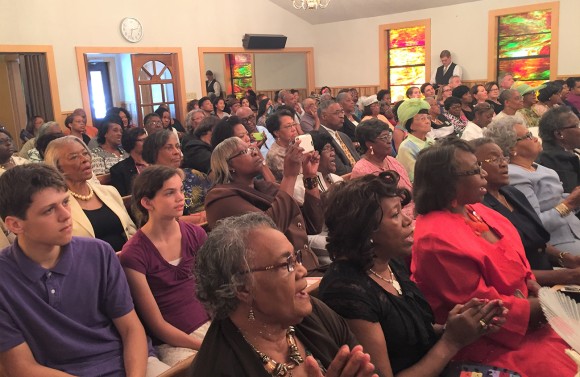
The Delta Center is a university-based institution with a community-wide mission, to promote and celebrate the region’s diverse cultural heritage, Director Rolando Herts explains. “Our goal is to get residents and visitors to understand the value of their cultural heritage here in the Mississippi Delta.”
Steele’s Delta Jewels: In Search of My Grandmother’s Wisdom explores a key part of the Mississippi Delta’s cultural heritage, “church mothers”: Black female church elders who are pillars of communities in which, Steele says, “church is everything.” Through portrait photography and oral histories, Steele explores the extraordinary lives of over 50 church mothers in the Mississippi Delta. “Most of the women lived within walking distance or grew up in a home within walking distance of their churches,” Steele says. “Churches were the foundation of the communities. And these women are church mothers, which is an honor which means that they're helping the pastors guide the young people [and] helping with baptisms, marriages—marriage counseling—and different holidays.”
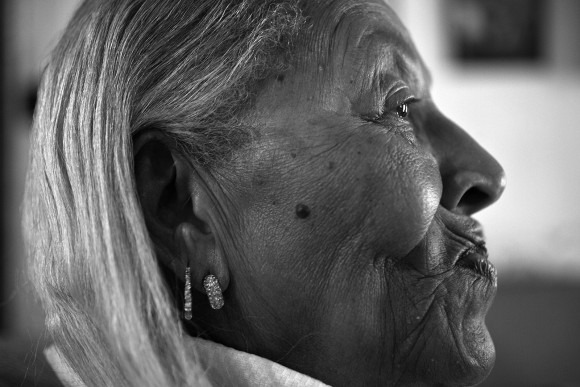
Church and service to the church helped the church mothers through trying times, including Jim Crow, the Civil Rights Movement, and, in at least one case Steele documents in the book, the aftermath of slavery. “I have a woman in the book who's 106 now, so she's one generation from slavery,” Steele says. “I'm sure she saw it as a child with her parents. The church held them together. That was where they could have their relief and they could cry and rejoice and feel safe. That was the glue that held the communities together where they could be with their neighbors and their friends and their families and feel safe.”
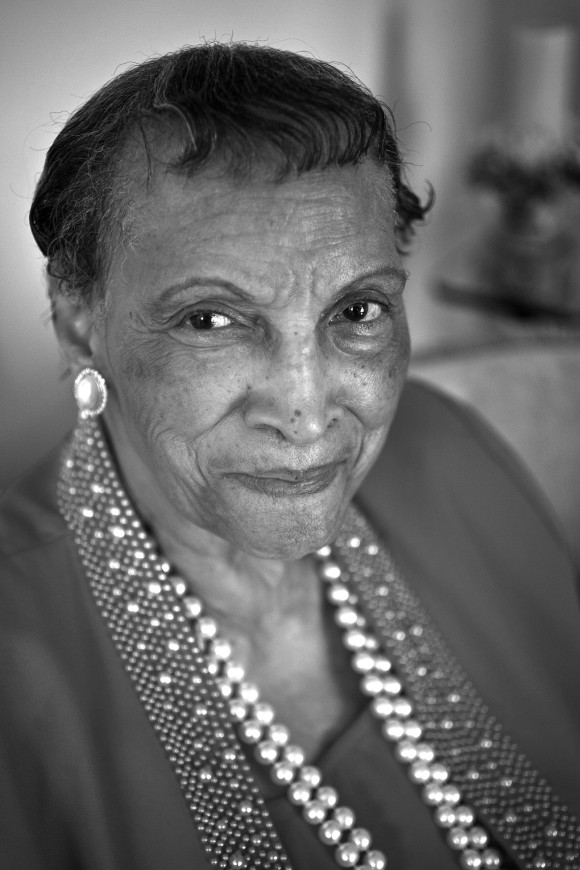
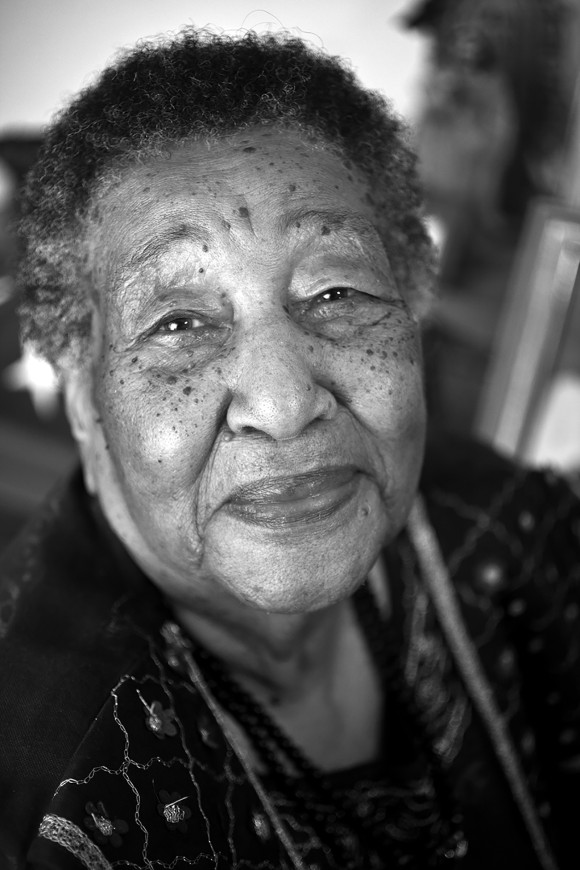
The Partnership began when Herts learned that Steele’s publisher had not planned any book signings in the Delta communities where the church mothers live. “So we took it upon ourselves to do a series of community gatherings,” Herts explains.
Leveraging existing relationships, Herts and Delta Center staff members Lee Aylward and Heather Miller identified communities within which these gatherings could be organized. “We sat around the table here in my office and started identifying communities where the Delta Center could host gatherings where the community could come and hear these stories and these histories.” Herts explains that this involved selecting venues and community partners that were inclusive of the diverse communities of the Mississippi Delta, a region spanning 18 counties and roughly 7,000 square miles.
The Delta Center ultimately planned fifteen gatherings around the region that reached over 1,000 community members. Each was organized in collaboration with community partners across the state, which helped engage community members and encourage them to participate. A special gathering commemorating Women's History Month and the National Park Service Centennial also was held at the Smithsonian Anacostia Community Museum in Washington, D.C.
The Delta Jewels gatherings typically featured a travelling exhibit of the portraits as well as a presentation and conversation with Steele that gave the church mothers, their family members, and their neighbors the opportunity to engage with the portraits and oral history.
One event took place in the historic Black town of Mound Bayou as a part of the 128th Founders Day celebration, attracting around 300 people, including 32 of the church mothers mentioned in Steele’s book.
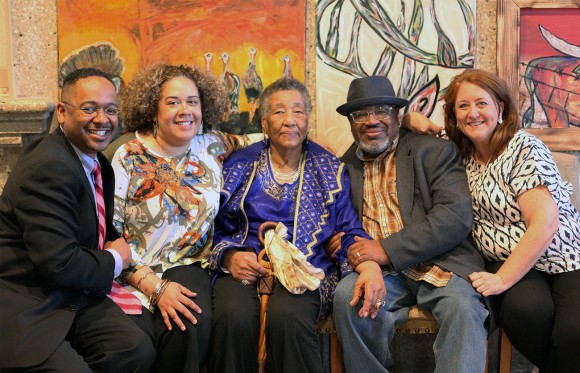
The experience was often moving, both for Steele and for participants.
“It was a life changing experience for me,” Steele says. “As a journalist, we focus on doing the story and sometimes we keep in touch with people. This took that to a whole other level. I didn't understand community engagement, I didn't understand partnerships, and it's become a passion of mine now. It was really a growing experience, a learning experience personally and professionally. It changed my life.”
Steele’s next project builds on this work. It explores the oral history of cotton farming in Mississippi, a subject Steele’s church mothers touched on often in the interviews for Delta Jewels.
In the Delta Center’s final report on the partnership, participants shared that the events were “inspiring” and “enlightening.” “This is amazing. It really changed my perspective of my culture,” one reported. In this connection, the Delta Jewels Oral History Partnership exemplifies the Delta Center’s work: promoting appreciation for the Delta’s cultural heritage and working with the Delta’s residents to tell the Delta’s story.
